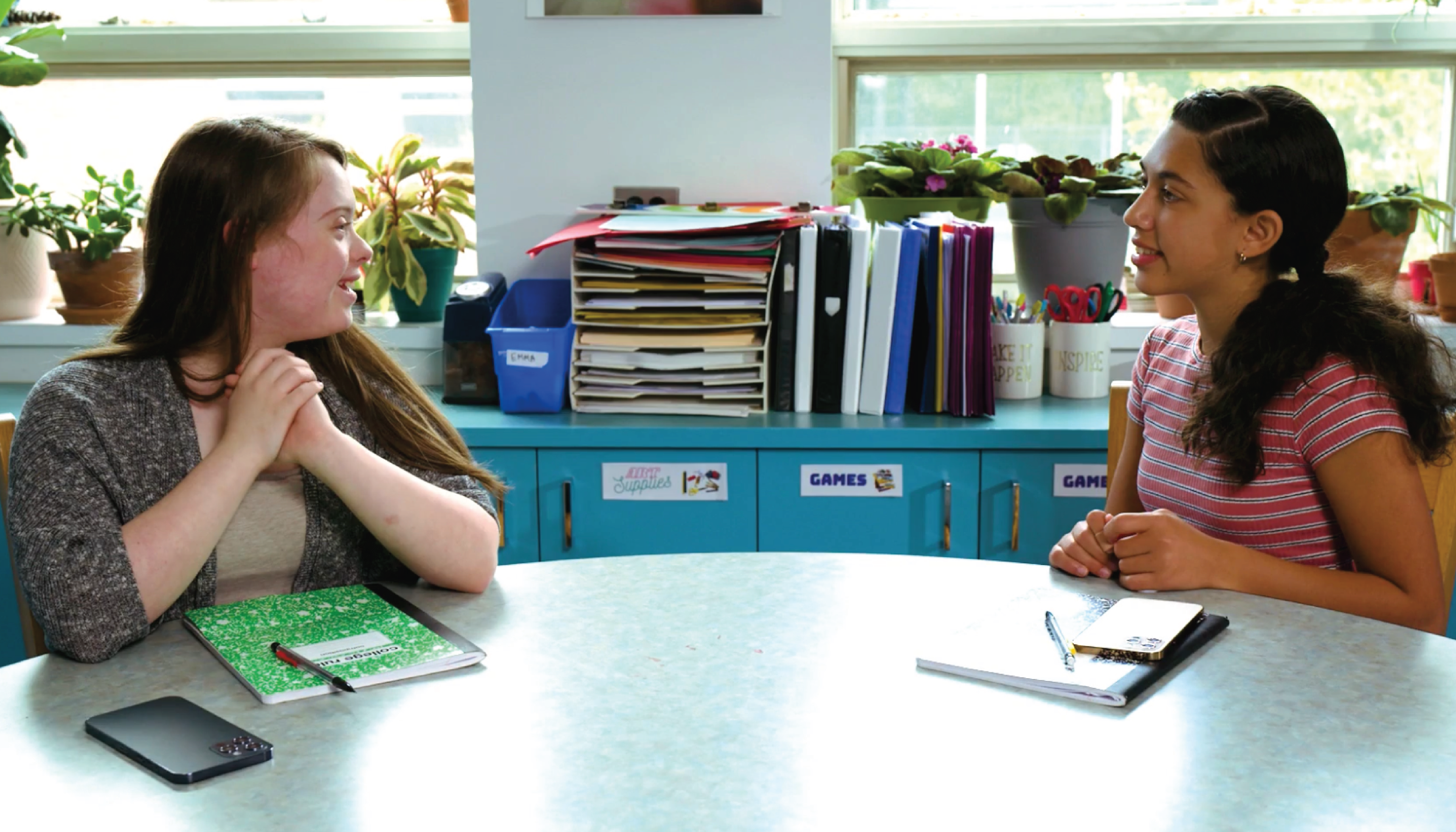Introduction
As educators, we are constantly striving to help our students improve themselves and become more self-aware. One crucial skill that can contribute to achieving these goals is metacognition. Metacognition, or “thinking about your thinking,” allows students to develop self-awareness and self-monitoring skills, which are essential for both academic and social situations. In this blog post, we will discuss a simple, no-prep activity that can help elementary students practice metacognition, along with discussion questions and related skills.
No-Prep Activity
The “Three Checkpoints” activity is a simple way to introduce metacognition to elementary students without requiring any preparation or materials. In this activity, students are encouraged to think about their thinking at three different stages: before, during, and after a situation. For example, before a math test, a student may ask themselves what they need to study or prepare for. During the test, they can self-monitor by asking how they are feeling or if they need to use any calming strategies. After the test, they can reflect on their performance and identify areas for improvement.
This activity can also be applied to social situations, such as attending a friend’s birthday party. Before the event, students can consider how they should behave and interact with others. During the party, they can self-monitor by asking themselves if their body language is showing interest in talking to others. After the party, they can reflect on their social interactions and consider any adjustments they might make in the future.
Discussion Questions
- Why is it important to think about your thinking before, during, and after a situation?
- How can practicing metacognition help you improve in both academic and social situations?
- What are some strategies you can use to self-monitor your emotions and actions during a situation?
- How can reflecting on your actions after a situation help you grow and learn?
- Can you think of any other situations where metacognition would be helpful? Why?
Related Skills
Metacognition is closely related to several other important skills for elementary students, including:
- Self-awareness: Understanding one’s own emotions, strengths, and weaknesses is crucial for personal growth and development.
- Self-regulation: Learning to manage and control one’s emotions and behaviors is essential for adapting to different situations and maintaining healthy relationships.
- Problem-solving: Developing the ability to think critically and creatively to find solutions to challenges is an important skill for both academic and social situations.
- Communication: Being able to express oneself effectively and listen to others is essential for successful interactions with peers and adults.
Next Steps
Now that you have a better understanding of metacognition and its importance for elementary students, we encourage you to explore more resources and activities to help your students develop this crucial skill. To get started, sign up for free samples of our metacognition resources, as well as materials related to other essential social-emotional learning skills.






